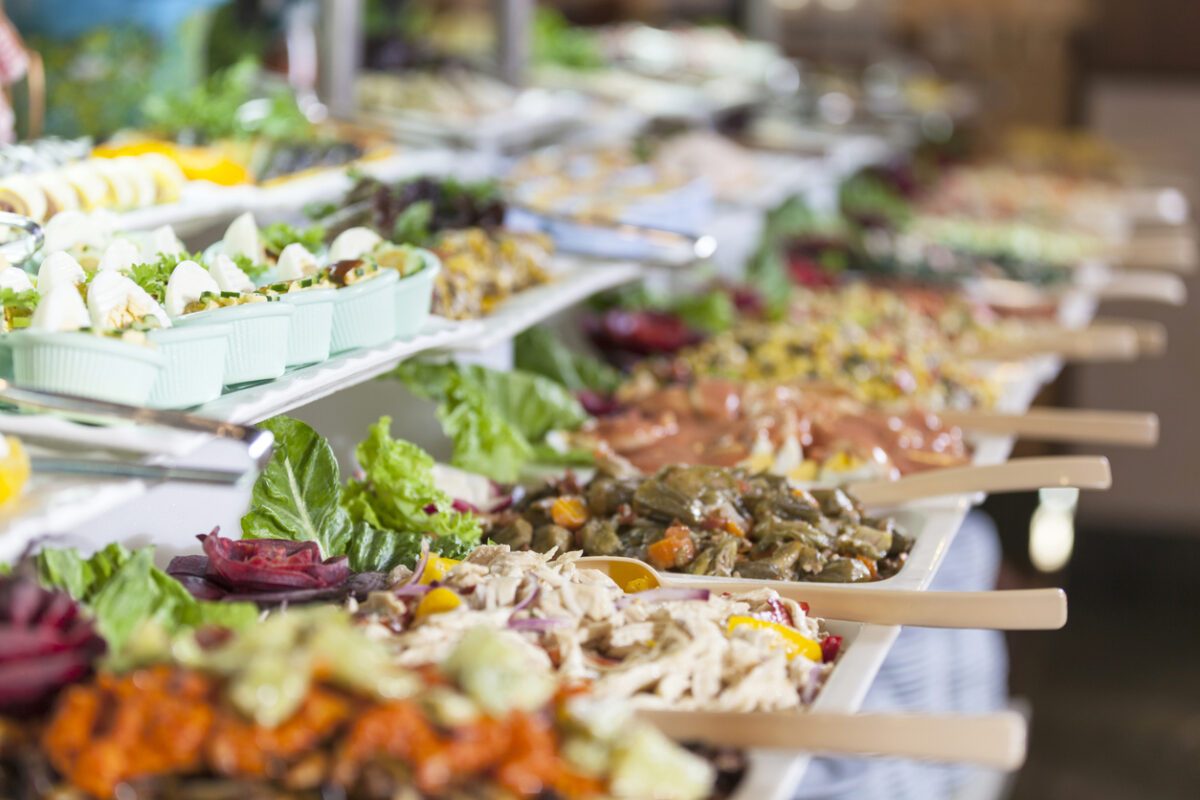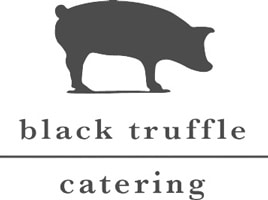Sustainability Meets Deliciousness: Catering that matters

As the world becomes increasingly conscious of the impact of human activity on the planet, sustainability continues to be a hot topic in every industry, and the catering industry is no exception.
With more and more caterers adopting sustainable practices, customers could be left wondering what does “Sustainable Catering” involve? And what impact will it have on the overall quality of the food being catered?
Sustainable catering – what does it even mean?
Simply put, sustainable catering involves using eco-friendly practices to reduce waste, conserve natural resources, and minimise the carbon footprint of events. This includes sourcing ingredients from local farmers, reducing food waste through careful planning and portioning, composting food scraps, using renewable energy sources, and minimising single-use plastics and packaging.
Challenge One: The tastebuds & the eyes
One of the biggest challenges facing sustainable catering is balancing sustainability with taste and presentation. Caterers must find creative ways to incorporate sustainable practices without sacrificing the quality of the food or compromising on the visual appeal of the dishes.
Challenge Two: Money, money, money
Another challenge is the cost of sustainable practices. Sourcing organic or sustainable ingredients can be more expensive than conventional options, and investing in energy-efficient equipment or composting systems can require a significant upfront investment.
Now, onto the good stuff
However, the benefits of sustainable catering are clear. Not only does it help protect the environment, but it also appeals to consumers who are increasingly conscious of their impact on the planet. For caterers who want to stand out from the crowd implementing sustainable practices in their business model is a great differentiator in a crowded market that will attract socially conscious clients.
From sourcing produce locally to relocating our business closer to our clientele to reduce our carbon footprint, sustainable catering approaches are a key component of the Black Truffle experience. Additionally, we use biodegradable products and encourage reusable packaging, and the roof of our premises is fitted with 90 solar panels to reduce air pollution.
It’s clear that sustainable catering is an important trend in the industry that is here to stay. As consumer demand for sustainable options grows, continuous innovation and finding new ways to incorporate sustainable practices into our catering operations are essential whilst maintaining the deliciousness and artistry that makes catering such a memorable experience.

